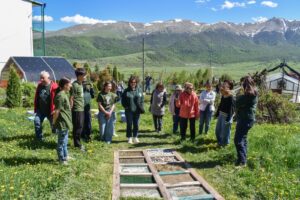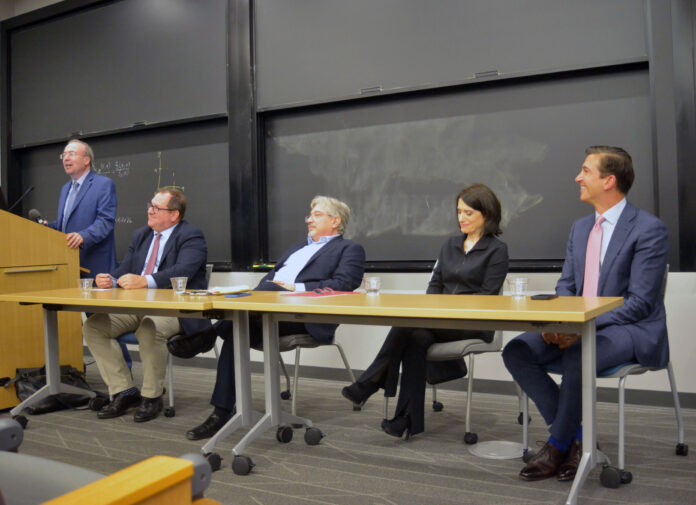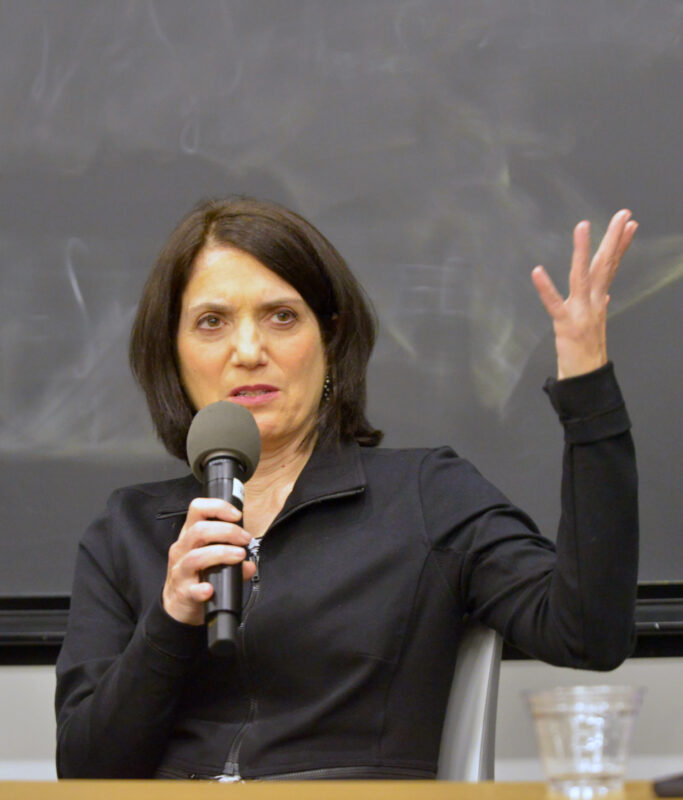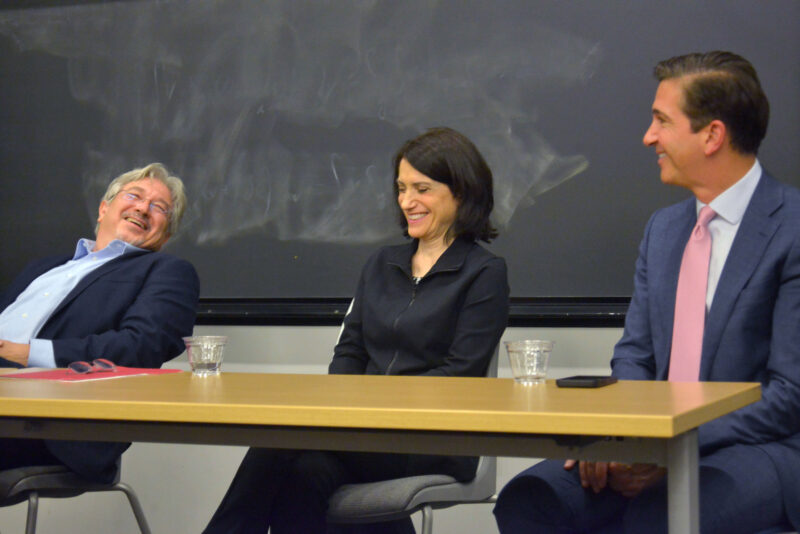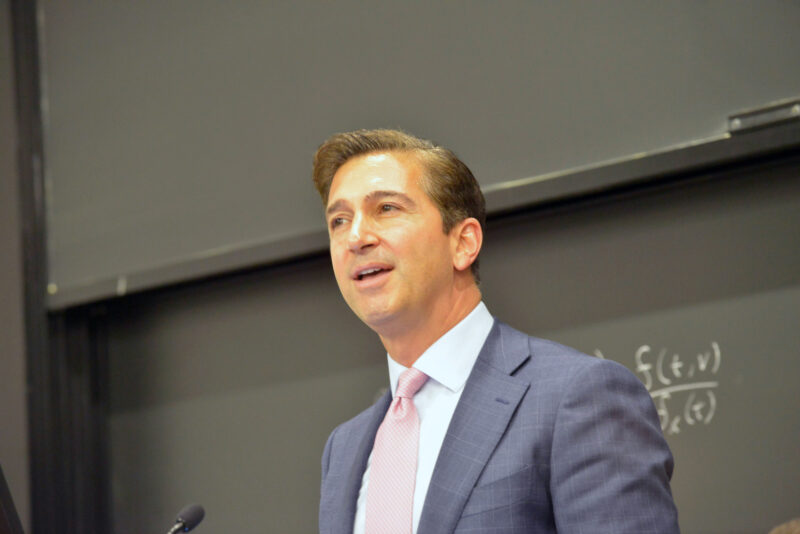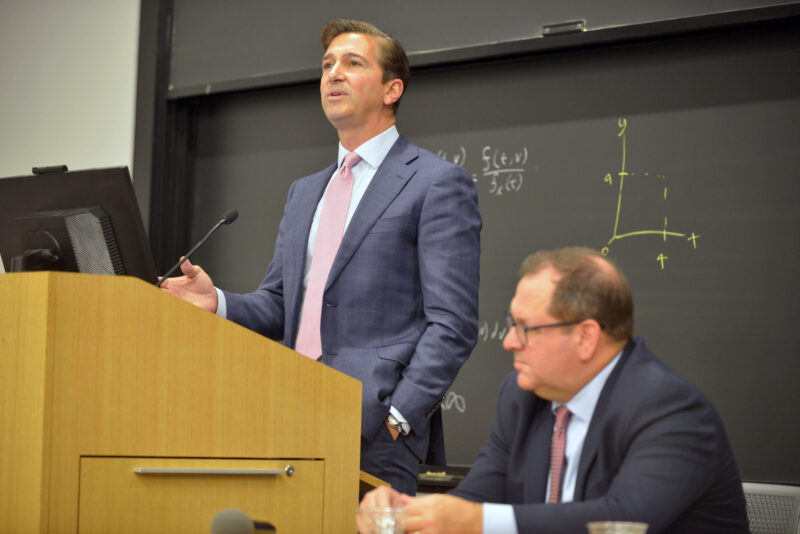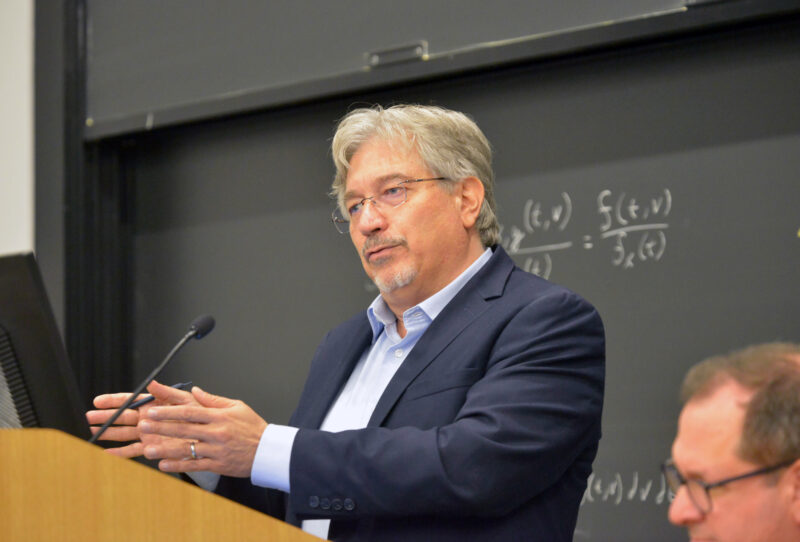MEDFORD, Mass. — The Joyce Cummings Center at Tufts University, on Friday, October 27, was the site of the journalists’ panel sponsored by the Armenian Mirror-Spectator, kicking off its 90th anniversary celebrations.
The event, attended by about 120 people, was titled “Media Coverage of Armenia and Karabakh,” with panelists Ken Dilanian of NBC News, filmmaker and former broadcast journalist Carla Garapedian, Eric Hacopian of CivilNet and Charlie Mahtesian of Politico.
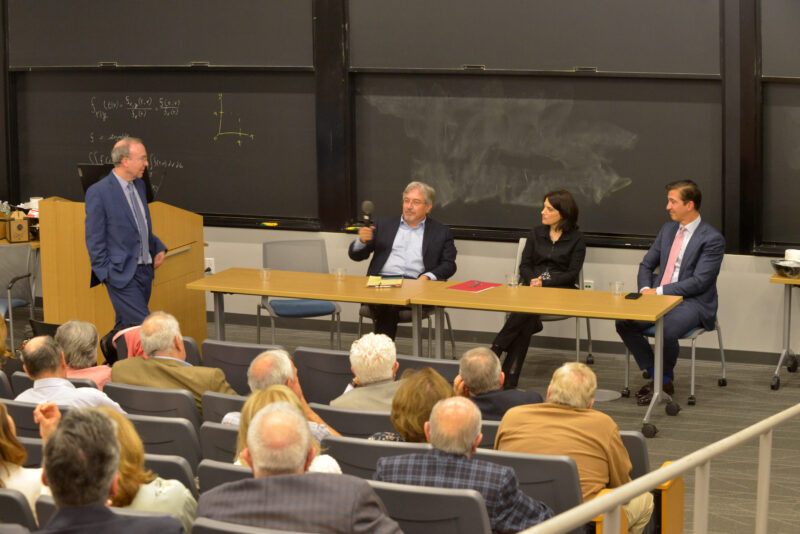
The moderator of the panel was Aram Arkun, the managing editor of the Armenian Mirror-Spectator and the executive director of the Tekeyan Cultural Association. Arkun thanked Prof. Bruce Boghosian of Tufts University, who currently is in Yerevan serving as president of the American University of Armenia, for arranging to hold the event at Tufts, before introducing the speakers.
The panelists, each from a different segment of the media, offered their own views about why Armenia and Artsakh were failing to gain traction in the US media, while also pointing out some successes.
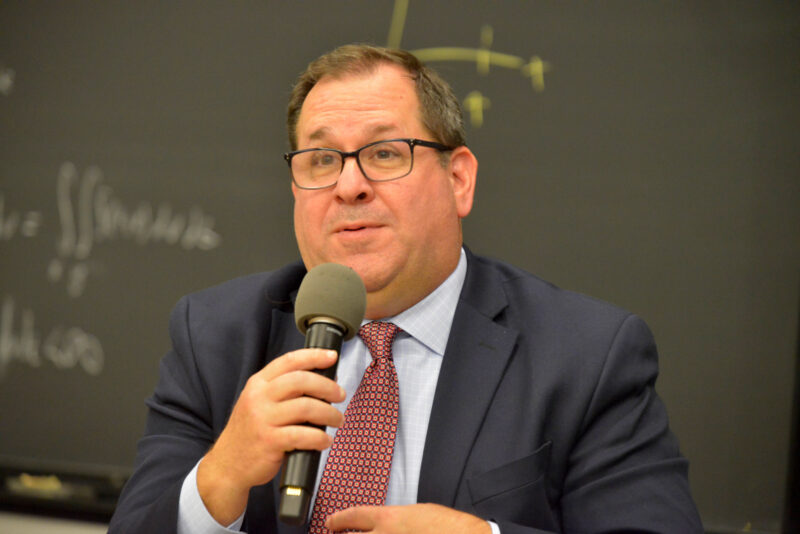
Mahtesian, the senior politics editor at Politico, had previously worked at NPR. He spoke about what attracts attention in US media outlets. Incidentally, he was part of the Mirror-Spectator’s anniversary celebrations in 2012, when he received the newspaper’s Award of Excellence.
Mahtesian said many of his childhood friends from the Armenian Sisters’ Academy outside Philadelphia ask him, “Where the hell are you? Where is the media? Where is the coverage? The world has forgotten us.”
